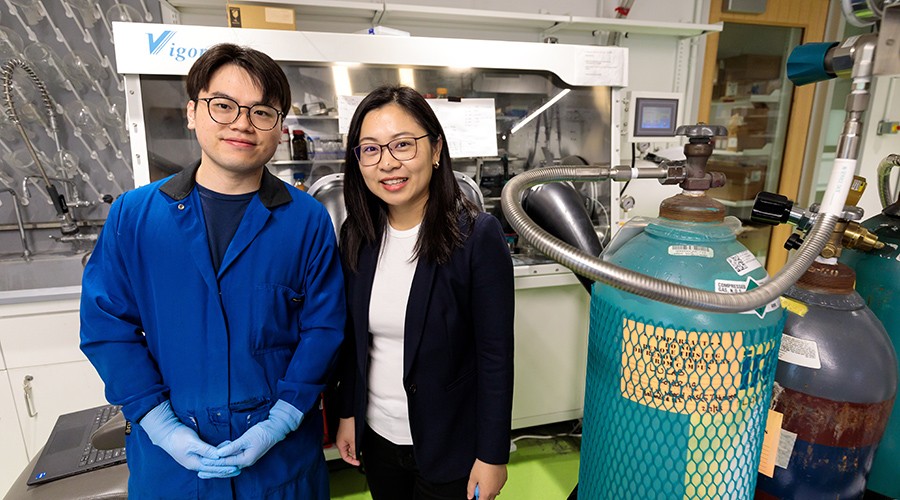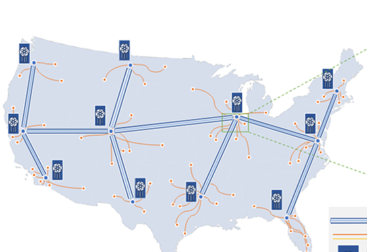As the electric vehicle market booms, the demand for lithium — the mineral required for lithium-ion batteries — has also soared. Global lithium production has more than tripled in the last decade. But current methods of extracting lithium from rock ores or brines are slow and come with high energy demands and environmental costs. They also require sources of lithium which are incredibly concentrated to begin with and are only found in a few countries.
Now, researchers at the University of Chicago Pritzker School of Molecular Engineering (PME) have optimized a new method for extracting lithium from more dilute — and widespread — sources of the mineral, including seawater, groundwater, and “flowback water” left behind from fracking and offshore oil drilling.
Read more at University of Chicago.




